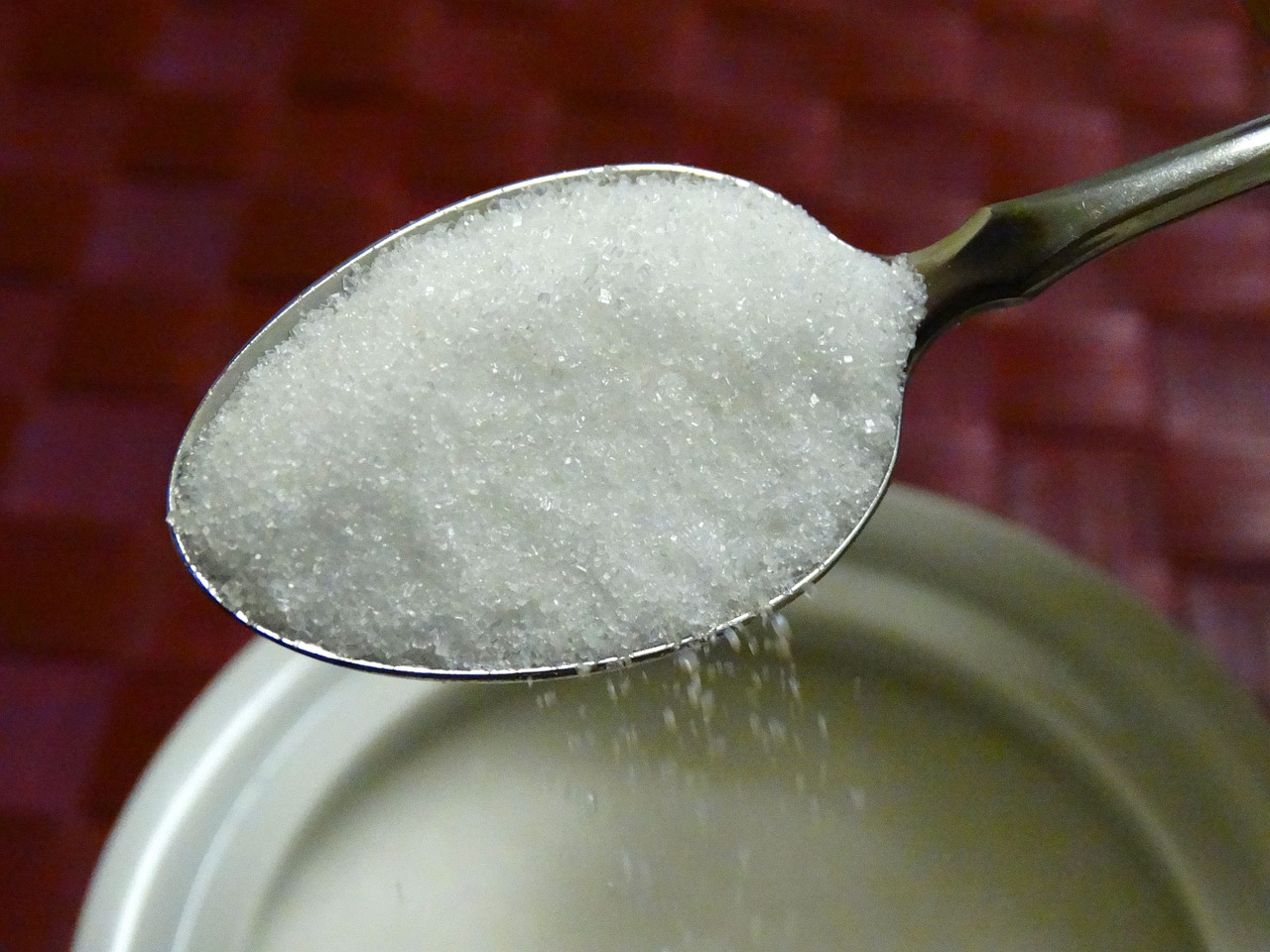Expert Reaction
These comments have been collated by the Science Media Centre to provide a variety of expert perspectives on this issue. Feel free to use these quotes in your stories. Views expressed are the personal opinions of the experts named. They do not represent the views of the SMC or any other organisation unless specifically stated.
Bill Shrapnel is a consultant nutritionist and an advisor to the Sugar Research Advisory Service
The WHO review found that sugar intake is associated with the risk for dental caries, which has been known for a long time. Based on this finding the WHO has recommended that free sugars be limited to 10% of daily calories, which is reasonable. Average adult intakes of free sugars in Australia are currently about 10% of calories; in children the figure is a little higher. So the overall message is that some people need to cut down their sugar intake a bit.
The WHO review also found that intake of sugar-sweetened beverages is associated with body weight, consistent with the reviews undertaken for the Dietary Guidelines for Americans and the Dietary Guidelines for Australians. As these beverages are typically low in nutrients they are the logical target to achieve sugar reduction in those with high intakes. Replacing sugar-sweetened beverages with drinks containing non-nutritive sweeteners is an effective way of lowering sugar intake, without the challenge of behaviour change.
The WHO review’s evidence-based recommendations are a welcome counter to the hysteria about sugar being whipped up in the media, mostly by people with no qualifications in the science of nutrition. I encourage those people to read the WHO report.
Professor Mark L Wahlqvist AO is Emeritus Professor and Head of Medicine at Monash University and Monash Medical Centre. He is also Past President of the International Union of Nutritional Sciences
The WHO report on free sugars and health makes it much clearer that the principal concern about their excess is what they do to the overall quality of the diet at all ages. When in excess, free sugars reduce the potential to achieve the dietary diversity we need for optimal health. Some sweetness in the diet can help achieve diversity , but that is best coming from a variety of fruits, not fruit juices or extracts. The food structure of plant foods is important for health, even when naturally-occurring sugars are present – and reduces the risk of obesity, diabetes and some cancers – free sugars do not.
Dr Alan Barclay is Chief Scientific Officer of the GI Foundation and a consultant dietitian and nutritionist
The recommendations in the final report are consistent with those in the draft report released in 2014 for public comment. There is strong evidence that children and adults should consume less than 10% of kilojoules from free sugars to reduce the risk of dental caries and decrease their contribution of empty kilojoules and refined carbohydrate to the diet. For adult Australians consuming 8,700 kJ per day, this translates into consuming no more than 55 g of free sugars per day, or less than 13 teaspoons. There is some evidence that eating no more than 5% of energy from added sugars may further reduce the risk of developing dental caries, although it is noted that the quality of the evidence to support this was low. Eating 10% of kilojoules from free sugars should not be interpreted as looking for foods and drinks with no more than 10 g of sugars per 100 g of food as that would be 10% of the weight of the food, not the kilojoules, and the term sugars in nutrition information panels refers to all sugars (added and naturally occurring) – not free sugars.



 Australia
Australia



